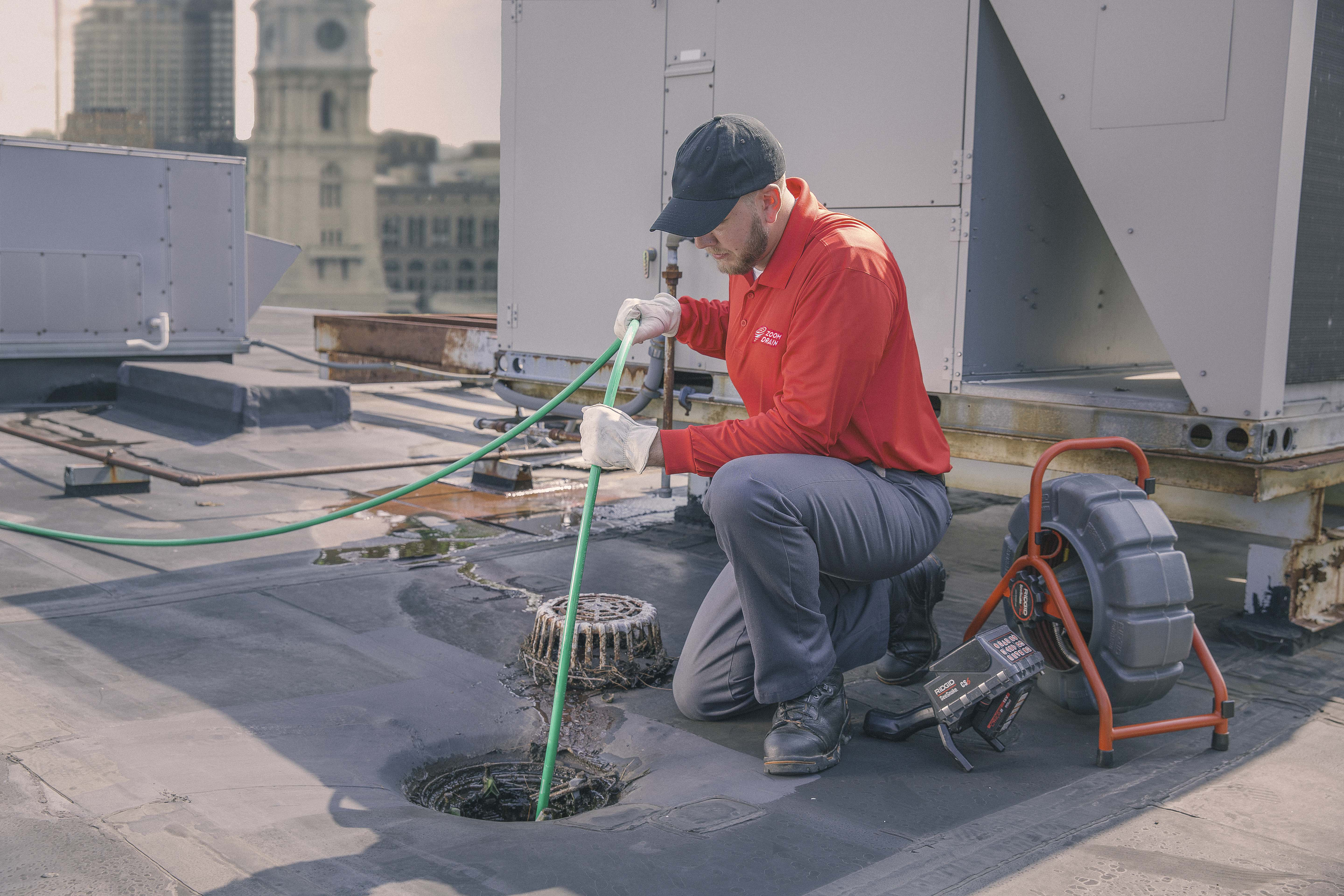Why Is Preventative Drain Cleaning Important And Do I Really Need A Plan?
Posted By: Zoom Drain Franchise
Have you ever stopped and thought about what goes down your drain on a daily basis? Besides all of that wastewater, there’s a lot of things exiting our homes and businesses every day, everything from toilet paper to hygiene products to food and probably a lot more that shouldn’t! All of that waste, all of that hair, soap, dirt and grease, adds up – and pretty quick. Just because it makes its way down the drain, however, doesn’t mean it always reaches its final destination.
You might think your drains are working perfectly fine, as everything seemingly goes down smoothly, but there could be trouble brewing below the surface. All of that stuff going down the drain can start to cause buildups, leaving less room for wastewater and more room for clogs. Sure, your drains provide signals that something wrong could be right around the corner but many of us wait until our pipes make the first move – clogging up and leaving a stressful, sometimes messy, situation. The best defense is a good offense and such is true with drains.
That’s where preventative maintenance comes in but why is it so important to be proactive
The Benefits Of Preventative Drain Maintenance
When we talk about preventative drain maintenance, we’re talking about a regularly scheduled inspection and drain cleaning. A drain cleaning fully flushes out drain pipes, helping to wash away accumulated build-up over a lengthy period of time, using a high-powered water jet. The biggest benefit to scheduling regular drain cleanings is that it can actually extend the lifespan of your pipes. As biofilm, hairballs and other gunk build on the lining of the pipe, it can cause damage and ultimately a backed-up mess, if left unnoticed. However, if you treat it early on with a quick water jetting, before it turns into a massive clog, the chance of future damage decreases. A clean, free-flowing drain pipe is a happy drain pipe – one that’ll last much longer.
The biggest benefit to scheduling regular drain cleanings is that it can actually extend the lifespan of your pipes. As biofilm, hairballs and other gunk build on the lining of the pipe, it can cause damage and ultimately a backed-up mess, if left unnoticed. However, if you treat it early on with a quick water jetting, before it turns into a massive clog, the chance of future damage decreases. A clean, free-flowing drain pipe is a happy drain pipe – one that’ll last much longer.
If you’re having your drains inspected regularly, there is also a reduced risk of future clogs as well as faster drainage. Every time you use your sinks or toilets, you won’t be crossing your fingers, hoping everything eventually goes down – or even waiting to make sure slow-draining water goes completely away. Things are going to get in the way, obstruct your drains and lead to clogs – it happens! If you plan ahead, it’ll never get to the point of pulling your hair out over a mess.
It also ensures there’s no bad odors lingering. With trapped food particles and debris now flushed away, there’s nothing hiding in your drain pipes, growing some sort of stinky bacteria.
But How Often Should I Clean My Drains?
Preventative drain maintenance frequency depends on the amount of usage. At the bare minimum, you should have it done once a year, especially if you live in a smaller single home. If you own a business, such as a restaurant or high-rise apartments, where there’s a lot more traffic using the same line, it should be done quarterly – because things can build up quickly!
Also, make sure your technician is providing you with an assessment of your pipes, so you can see just how they’re fairing the older they get. That means camera snaking it after the drain cleaning and taking photos, so you can better understand exactly what the inside looks like and if, they believe, there could be any underlying issues that could cause problems down the road.
Either way, it’s better to be overly cautious and get it done, than simply letting it go. Your technician should be able to best assess how often it should maintenanced and help you figure out if it should be done yearly or even more frequently, depending on the usage. If you aren’t sure when the last time your drain pipes were cleaned, give us a call or schedule an appointment online for preventative maintenance and we’ll make sure that everything is clear.